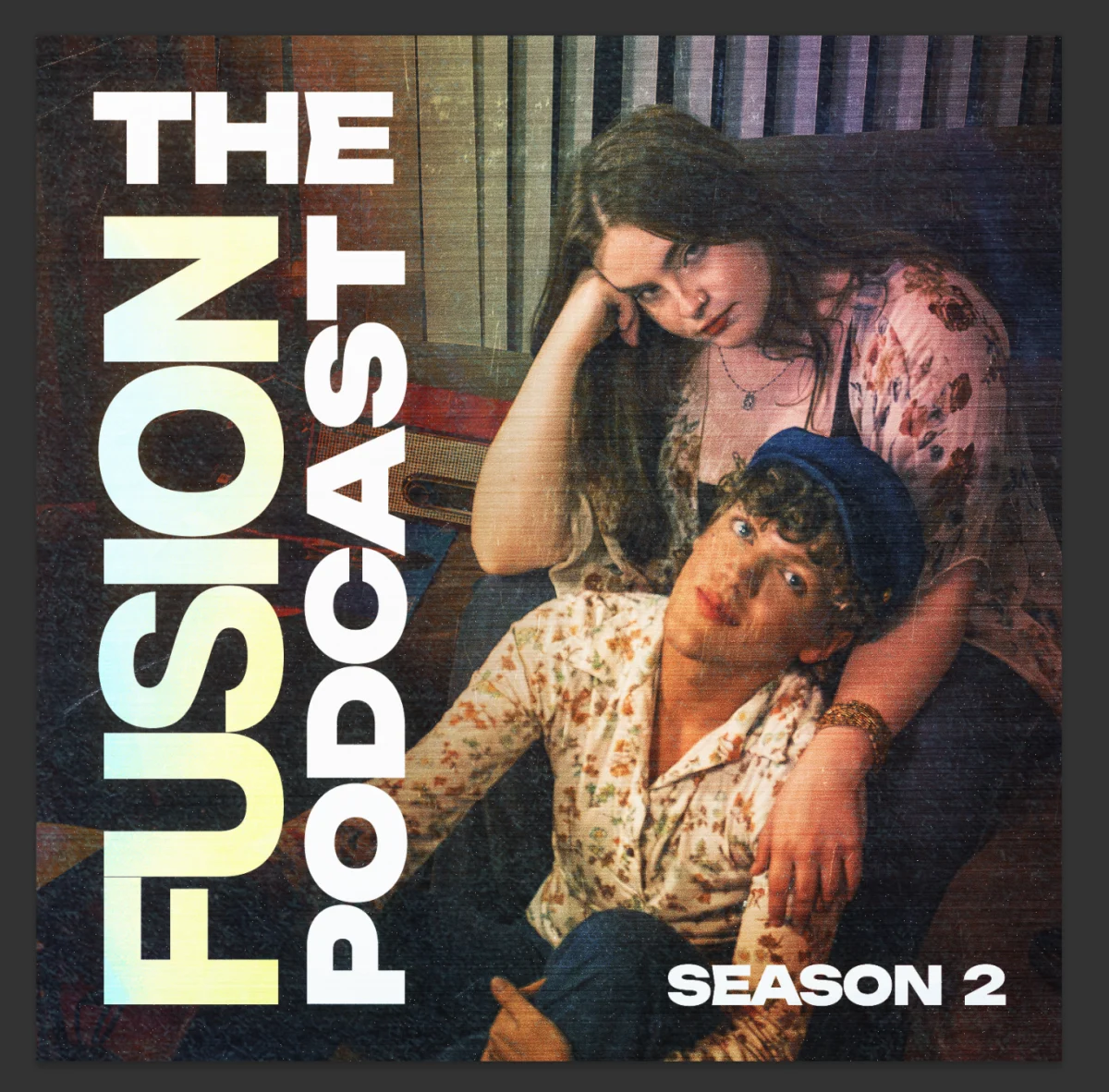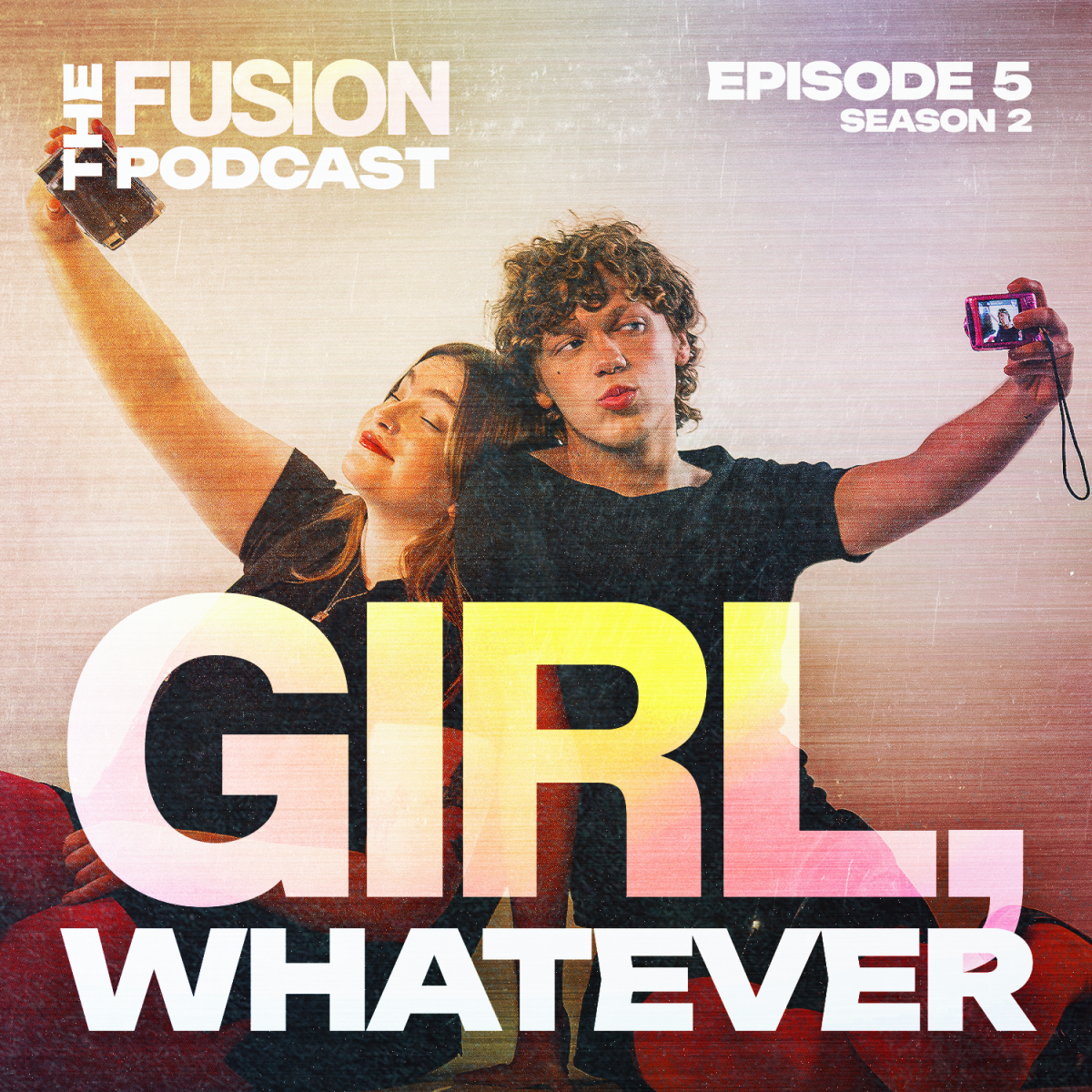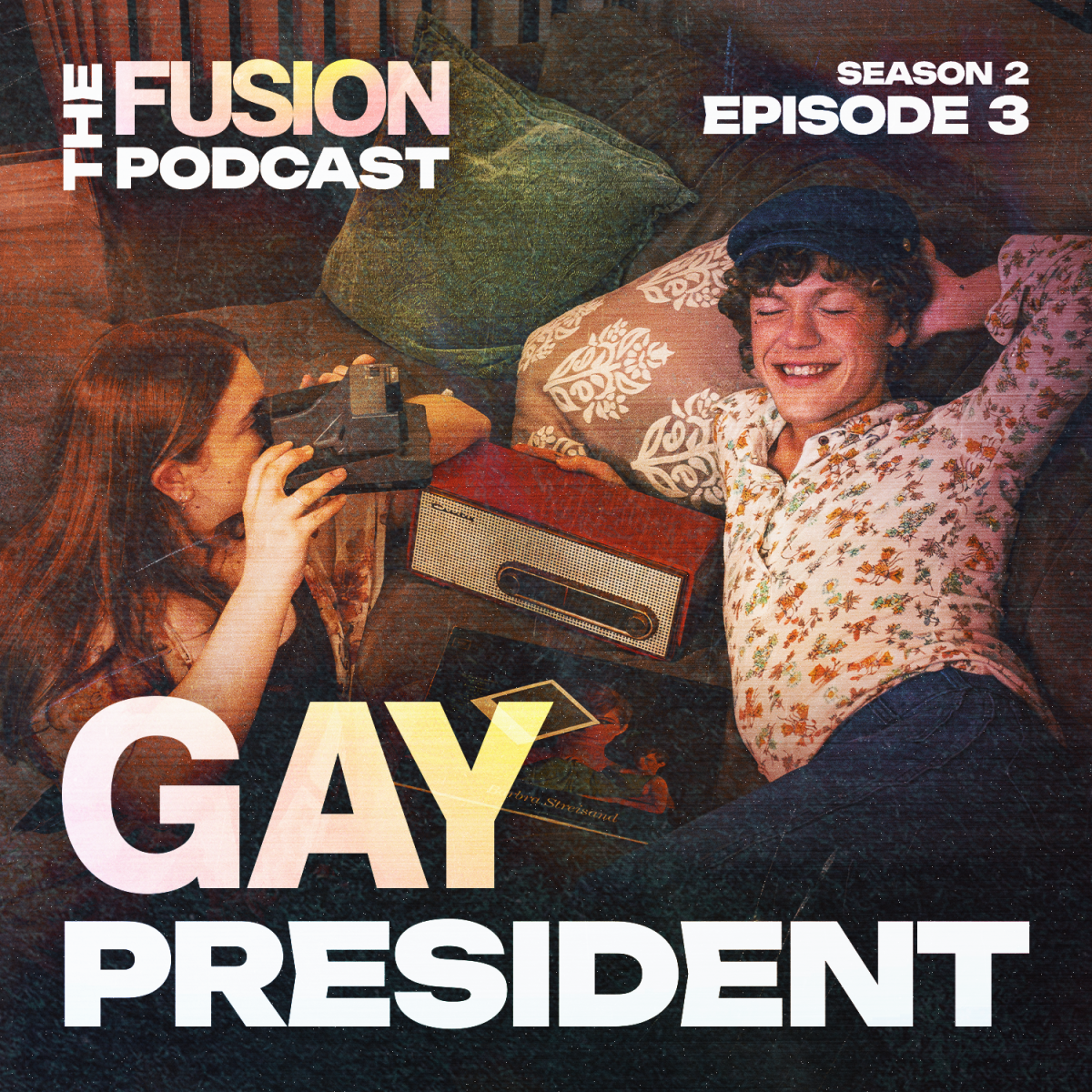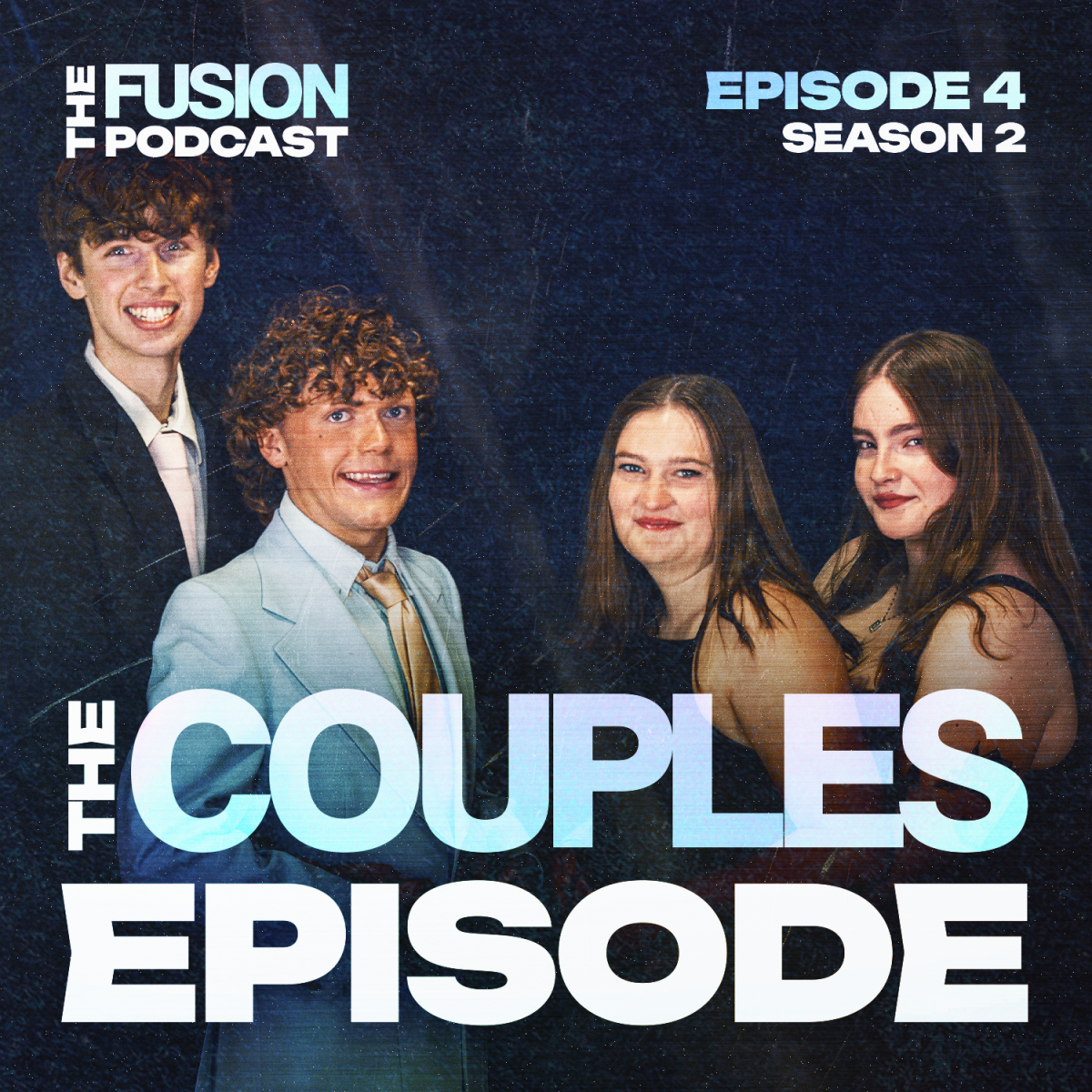After significant success but several setbacks, the path to equal rights for LGBT Americans still requires an effort far from finished.

By Jinae West
Almost a year after President Barack Obama was elected into office, he signed into law a bill that would extend federal hate crimes to include sexual orientation. Among those who attended the October signing were Dennis and Judy Shepard, the parents of Matthew Shepard, a gay college student who was murdered in 1998 in Wyoming.
The bill comes at a time when people may reflect on what has transpired in the past year — how far the country has come and how very far it has yet to go.
Kim Welter, director of programs and outreach at Equality Ohio, says the federal law does not override the state’s hate crimes law, which does not include sexual orientation or gender identity. Welter says it is a step in the right direction but has little effect on everyday Ohioans. In principle, it is limited.
Still, Jason Marsden, executive director of the Matthew Shepard Foundation, says the newly extended hate crimes law is a way to push more legislation through Congress.
“We’re not looking back too much at this achievement, though it was very meaningful and provides protections to people,” Marsden says. “We feel we can put that momentum to use.”
He adds: “It was a big relief to (Dennis and Judy). They didn’t have to hold back their hopes anymore and were actually able to do this.”
Going forward, he says Judy Shepard’s biggest focus is to change individual behavior, to get more people to embrace who they are and to encourage others to do the same. That’s where the most social change — employment non-discrimination laws, repeal of Don’t Ask, Don’t Tell, marriage equality — is going to come, Marsden says.
In June 2007, Mildred Loving, a black woman whose interracial marriage sparked the landmark civil rights case Loving v. Virginia in 1967, issued the following statement on the Supreme Court ruling’s 40th anniversary: “I am still not a political person, but I am proud that Richard’s and my name is on a court case that can help reinforce the love, the commitment, the fairness and the family that so many people, black or white, young or old, gay or straight, seek in life. I support the freedom to marry for all.
“That’s what Loving, and loving, are all about.”
After the passage of Proposition 8 in California in November 2008, which outlawed same-sex marriage in the state, many felt it was a setback for the gay rights movement. Photos taken in the following days and weeks showed people visibly upset, with arms over shoulders and heads down. At rallies held across the country, thousands carried signs and flags in protest. And more recently, Maine repealed its law that sanctified same-sex marriage, and the New York legislature voted it down as well.
So where is the love?
“I think we often forget the gay rights movement is still a very young movement,” says Michael Fleming, executive director of the David Bohnett Foundation in Beverly Hills, Calif., and lecturer of LGBT studies at UCLA. “And we live in an age where people become celebrities overnight, or rich, and the struggle for civil rights and the social justice movement is one that requires progress but not always immediate progress.”
In other words, it’s unrealistic to think change will happen in the same amount of time it takes for an unknown to emerge as the next YouTube sensation. A generation that’s used to immediacy and the concept of “now” needs to learn patience to savor the “later.”
But progress is being made. In October 2008, the Connecticut Supreme Court ruled same-sex marriage legal, stating, too, that civil union statutes specifically violated the equal protection clause of the state constitution.
In the last year alone, Iowa, Vermont and, most recently, New Hampshire, approved legislation to allow same-sex marriage, bringing the grand total to five states out of 50 that permit gay couples to wed. That’s equivalent to one-tenth or 10 percent, a failing grade by any means, but a number nonetheless.
Evan Wolfson, founder and executive director of the nonprofit Freedom to Marry, says the fight for marriage equality is actually moving at a faster pace than many of the civil rights movements of the past “because it is so aligned with the lessons and the inheritance of those blowing chapters.”
“Anyone who studies history knows that no movement for justice in America — not the struggle for African Americans, Asians, Latinos, women, Jews — has ever happened overnight,” Wolfson says, “but the lesson for Americans is that it can happen when enough good people speak up and stick with it.”
Wolfson would know something about that. Before establishing Freedom to Marry, he worked at Lambda Legal for 12 years and became the organization’s first attorney to argue before the U.S. Supreme Court. In Boy Scouts of America v. Dale in 2000, Wolfson asked the court to reject an appeal from the BSA that would ban gay members and leaders. After the 5-4 vote in favor of the BSA, Wolfson continued to advocate for equal rights and help shape national response.
In addition, he wrote “Why Marriage Matters: America, Equality and Gay People’s Right to Marry” and was named as one of Time magazine’s 100 most influential people in the world in 2004.
Wolfson says people and ideas are malleable to change, citing a recent trip to the nation’s capital to introduce the Respect for Marriage Act. If passed, it would repeal the Defense of Marriage Act, which defines marriage as an exclusive legal union between one man and one woman. He says among those who spoke in support of the bill were former Rep. Bob Barr, who wrote DOMA, and former President Bill Clinton, whose signature enacted it in 1996.
“Both of them have changed their minds and thought it through, and ending discrimination is the right thing to do. People can change,” Wolfson says. “It’s just, you have to push, persuade and engage them.”
Wolfson and Fleming said Obama could be doing more to help further the movement. In June, the Obama administration supported DOMA when a same-sex couple married under California law challenged the act in federal court, though the administration stating it was duty-bound to defend the law until ruled unconstitutional. Obama ran his campaign in 2008 emphasizing change, including a promise to protect gay rights. But with hot-button issues, such as the economy, healthcare and the war in Iraq at the forefront of the national discourse, many feel same-sex marriage has taken a backseat for the administration.
“It’s obviously an issue that I think they’d prefer not be on the table right now,” Fleming says. “I think they feel they have much larger issues to deal with.”
Fleming also believes the administration is more likely to focus on actions it can meet in the short term to benefit the LGBT community, like a repeal of Don’t Ask, Don’t Tell, than to enact marriage equality in the United States, at least for now. Signing the hate crimes bill in October was perhaps one of those short-term goals.
As for state legislation, specifically in California, Fleming says there is an ongoing, constructive conversation about when to return to the ballot to overturn Proposition 8.
“Because everyone agrees the question is: When?” he says. “And what needs to be in place when you go back (to the polls). You need to know: Have the numbers moved? Have the voters shifted? Has there been a change that we can see since? Can all the LGBT groups and allies and friends be on the same page working in the same direction? How much will it cost? And those are all really good, healthy questions people can ask.”
In Ohio, the conversation is a little different. Welter says the organization’s first priority is to eliminate discriminatory state laws and keep people safe in their workplaces.
“In the process of all of that, we continue to educate the populace of Ohio of why relationship recognition is needed, and that’s hopefully trying to bring up the numbers,” she says.
In November 2004, voters amended Ohio’s constitution by defining marriage as a union between one man and one woman. Because of that setback, Welter says there are two ways to repeal it: The Supreme Court of Ohio could rule the amendment unconstitutional, which she says is unlikely because of the court’s conservativeness, or the issue could be taken back to the voters.
But to introduce such legislation, Welter says: “You go into it if you want to win it,” meaning it’s necessary to have at least 65 percent or greater in the public polls to put an issue on the ballot.
“We don’t have that yet in Ohio, so when you’re talking about steps (that need to be taken), we need more Ohioans to support this,” she says. “The last polling was about 51 or 52 percent supporting civil unions, so we’re nowhere near the numbers.”
But Fleming says he still takes heart. Equal rights for all will come, he says. It’s just a matter of time.
“I get up every morning thinking it’s our job to move the ball forward,” he says, “and I don’t know if it will come in two years or 20 years. I just know that if we get up every morning knowing it’s our job to achieve marriage equality, we will. In all 50 states. And in my lifetime, we will.”
Jinae West is a senior magazine journalism major.
(This article originally appeared in the Winter 2009-10 print edition.)

































